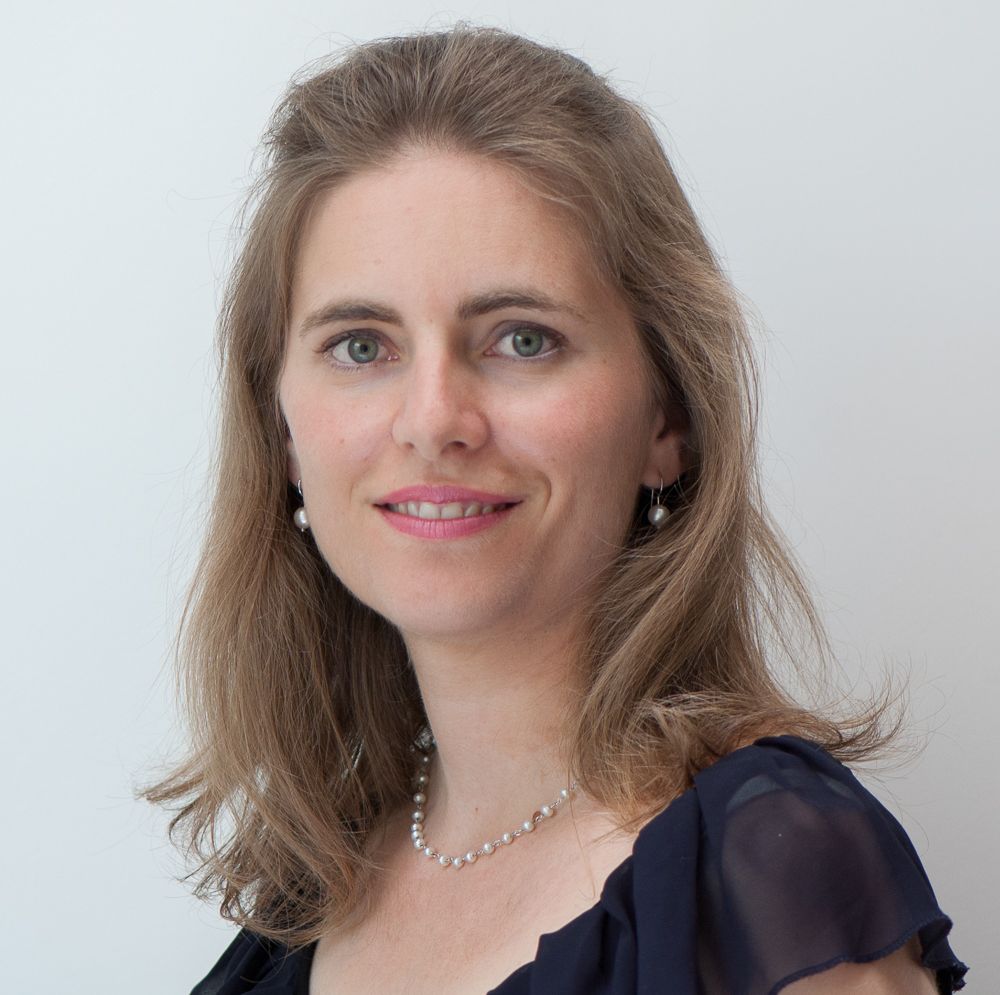Explore the human search for God and the medieval theologian Nicholas of Cusa with a pop song inspired by Dr Silvianne Aspray’s academic work. The song and music video were produced by Fer Production in collaboration with Dr Susann Kabisch.
Searcher (Paradise Wall)
The theologian and philosopher Nicholas of Cusa (14001-1464) was one of the most creative thinkers in Europe in the 15th century. He was driven by a constant search for how we can speak about a God who is beyond the categories that we know. Because God is God, and not another thing in the universe, we cannot understand God in a normal, rational mode of understanding. Instead, Nicholas of Cusa suggests an alternative mode of understanding God “incomprehensibly, in learned ignorance.” One aspect of this learned ignorance, for Cusa, is to go beyond the either-ors that structure our language and understanding of the world: the either-or between being big or small, active or passive for instance. When trying to to find God, we need to attempt to go beyond such dualities, as God is not limited by them – God is not just very big, but neither is God infinitely small. God, for Cusa, is beyond such opposites altogether. Put differently: God is never on one end of a spectrum on which we human beings also are. God is beyond the spectrum. From our human point of view, this is unthinkable, or at least very difficult to think, but this is one of Cusa’s points: There are different perspectives, and our human perspective on who or what God is, is not like a bird’s eye perspective: all-encompassing and easy to grasp and survey. Rather, we are always journeying towards a deeper understanding, and who and where we are on the journey forms our perspective. The insight that any attempt of knowing something about God involves a search in which our whole being is involved, is the guiding principle of the song “Searcher”.
But what is it that searchers might find? Nothing that is tame, or easily graspable. Beyond all opposites, God is alive and awe-inspiring. Cusa uses the image of the Paradise Wall beyond which, he says, all opposites coincide in God. As human beings, we might at best glimpse momentarily beyond that wall. This insight is adapted into the modern day in the opening line of “Searcher”: “Think my should caught a glimpse of you / on the 10:41 home last night”. The chorus “if I could be mine, you’d be mine” is a transposition of one of the most famous lines in Nicholas of Cusa’s works, where God says to him: “Be yours and I will be yours.” There is a sense in which each individual mirrors or reflects God in a very specific way; no-one else ‘reflects’ the creator in the way a particular individual does, if they choose to pursue the path of wisdom. This means that it is good to search for God in and through our created individuality, even if this sometimes means going back to square one (“I begin again / square one love / I can’t get enough of this / more of you to find”). Different paths are not pointless, but fruitful, each adding bits of perspective and new possibilities for an encounter with God.
Meet Dr Silvianne Aspray
Silvianne is a philosophical theologian. She works on pre-modern sources because she believes contemporary discourse can benefit from the best of their ideas. Her current research addresses the relationship between human beings and technology by attending to two fifteenth century thinkers: the German cardinal and polymath Nicholas of Cusa (1401–1464) and the Italian Renaissance philosopher Giovanni Pico della Mirandola (1463-1494).
Silvianne is a British Academy Postdoctoral Fellow at the Faculty of Divinity and a Bye Fellow at Fitzwilliam College, where she teaches undergraduates in theology, philosophy of religion and ethics.
Explore further
This song is part of an album being produced collaboratively between indie artists and academics from the Faculty of Divinity. Each track in the album uncovers one attribute of the character of God that has either been forgotten or is often misunderstood. Music and lyrics are written by the artists, recasting academic texts into pop music form. The texts draw on the broad spectrum of Christian thinkers in history, including lesser known, but equally rich scholars. You can find out more here.


